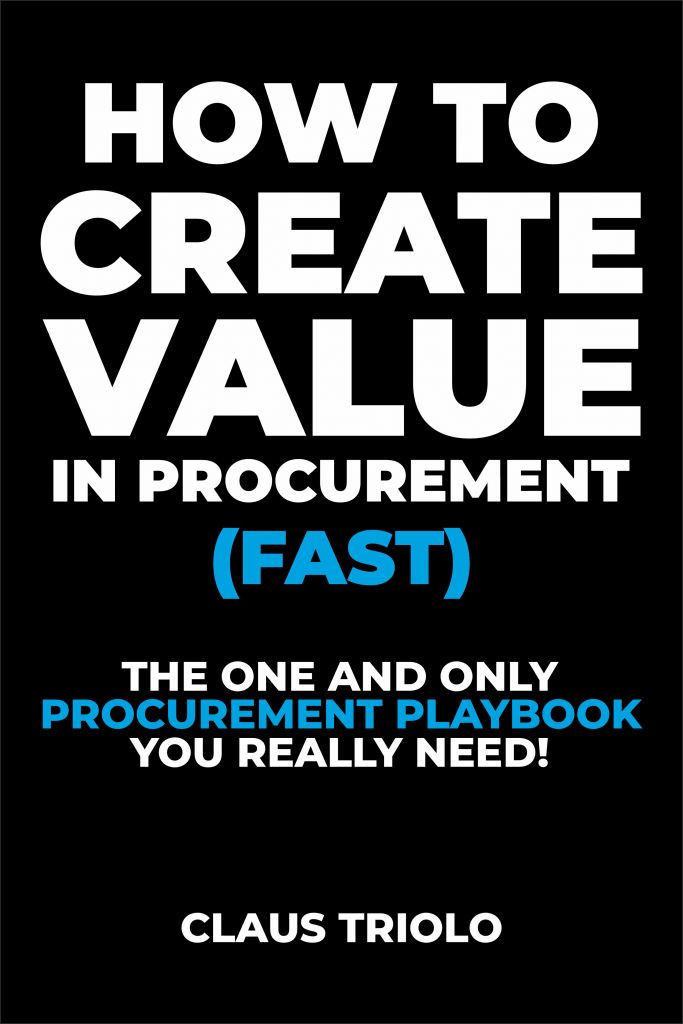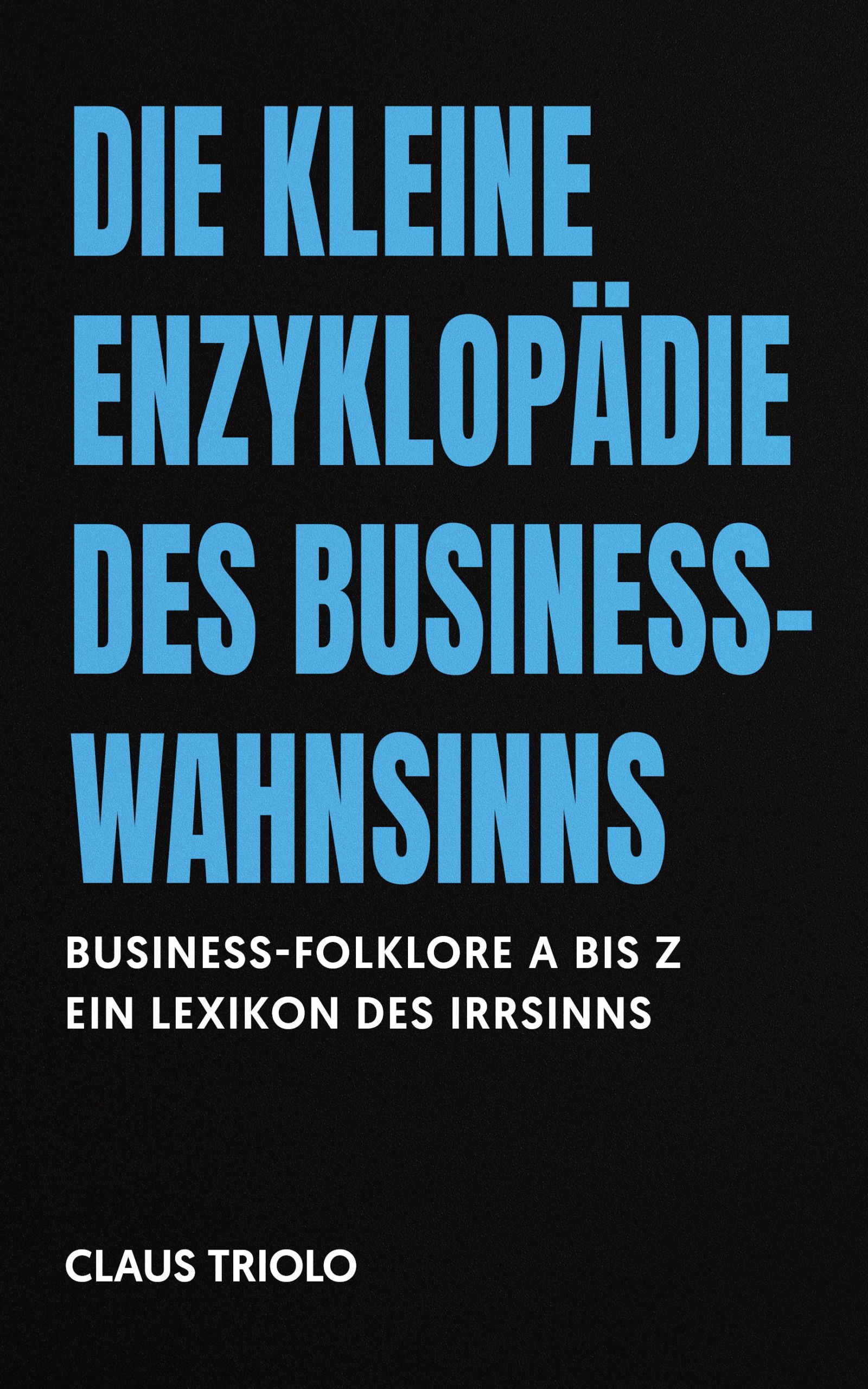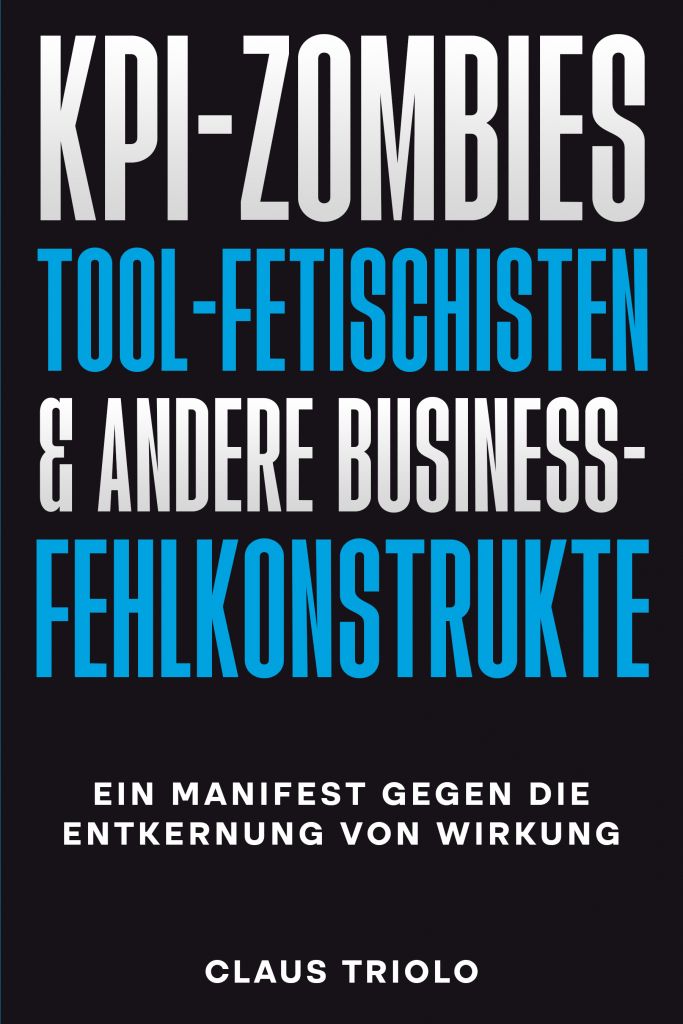Maverick spending. It’s the go-to villain for procurement professionals. When unapproved purchases spiral out of control, it’s easy to blame employees for sidestepping policies. But here’s the truth: maverick spending isn’t the problem – it’s a symptom. The real issue lies in outdated procurement strategies that fail to engage, empower, and deliver value.
The Underlying Problem: A Strategy Misaligned with Reality
I’ve seen it time and again in my 30+ years of procurement leadership. Maverick spending flares up when procurement systems frustrate rather than facilitate. It’s not because employees are reckless; it’s because they feel procurement is slowing them down.
Here’s a scenario I’ve encountered:
- A marketing manager, under pressure to launch a last-minute campaign, bypasses procurement to hire a freelancer.
- An IT lead, needing niche software quickly, purchases it directly without waiting for approvals.
- A regional office manager orders supplies from a local vendor instead of the pre-approved supplier due to convenience.
In each case, maverick spending happened not because the employees were careless, but because the procurement system failed to meet their needs.
As Steve Jobs famously said:
“You’ve got to start with the customer experience and work back toward the technology – not the other way around.”
The same holds true for procurement. If your system doesn’t serve its users, they’ll go elsewhere.
- Slow Processes
Lengthy approval chains and manual workflows discourage compliance. Employees can’t wait weeks to get what they need, so they find workarounds. - Clunky Tools
If your procurement tools are unintuitive or difficult to navigate, even well-intentioned employees will avoid them. - Rigid Policies
Blanket rules that don’t consider the unique needs of different departments or regions drive frustration and non-compliance. - Lack of Communication
Employees often don’t understand the “why” behind procurement policies. Without clear communication, they see the rules as obstacles, not enablers.
Maverick spending isn’t a compliance issue – it’s a leadership opportunity. Here’s how to turn it into a catalyst for transformation:
Your procurement system needs to work for the people who use it – not just the procurement team. Invest in tools with intuitive interfaces, guided workflows, and self-service options.
Example: At one organization I advised, employees dreaded the outdated procurement portal. By replacing it with a modern, AI-powered platform, user adoption skyrocketed. Approval times dropped from weeks to hours, and maverick spending decreased by 60% in just six months.
Simplify approval workflows by automating low-value purchases and focusing human oversight on strategic categories.
Pro Tip: Use AI to predict purchase needs and suggest pre-approved suppliers. This not only saves time but also builds trust with employees.
Procurement cannot operate in isolation. Understand the priorities of key stakeholders and tailor your strategy to support them.
Example: When sustainability became a core company objective, I aligned procurement KPIs to measure supplier compliance with environmental standards. This created buy-in across departments and improved overall collaboration.
A well-implemented Source-to-Pay (S2P) platform isn’t just a digital tool – it’s a transformation enabler. By integrating sourcing, purchasing, and payment processes, an S2P system eliminates silos and improves visibility.
Key Benefits:
- Real-time analytics to monitor compliance and identify bottlenecks.
- Centralized supplier catalogs to simplify purchasing.
- Automation to reduce manual tasks and speed up approvals.
Maverick spending isn’t a behavior to punish – it’s a symptom of a system that needs rethinking. By fixing your strategy, you can eliminate the chaos, build trust, and turn procurement into a true value driver.
“Maverick spending isn’t the enemy – it’s a signal that your procurement strategy isn’t fit for purpose. Great procurement doesn’t chase compliance; it inspires collaboration and delivers measurable value.”
Claus Triolo, The Procurement Rainmaker



















